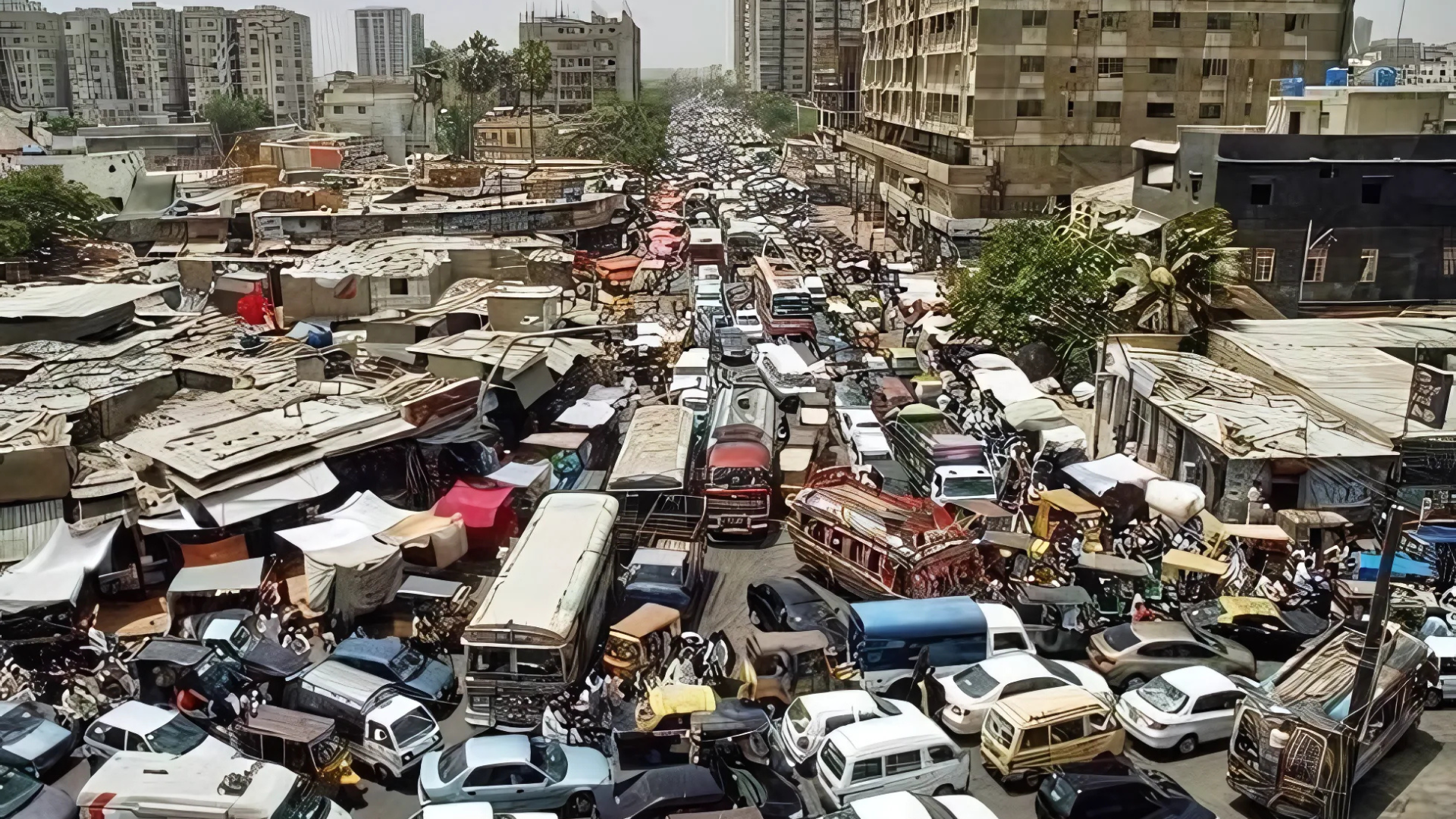NEWS

IN BRIEF

Written by: Asif Farooqui
Why do we lack the empathy and respect that hold societies together? Why do we take pride in bending the rules, ignoring queues, and exploiting situations for personal gain? These questions weigh heavily on me as I think about the society we often compare to others. We admire nations like Japan and Scandinavian countries for their discipline and social values. Yet, we fail to emulate those principles in our own lives. The irony is that our collective disregard for laws and social values mirrors the same failings we criticize in our leaders. Politicians may misuse power, and public servants may lack accountability, but as a society, we, too, play a role in perpetuating this dysfunction.
SHARE
Last night, a quick trip to the nearby market for groceries and medicines turned into a revealing experience of the crack of our society and a reminder about the state of our social values. It began at the grocery store, where I stood in line at the cash counter with just a few items in my hand. A middle-aged woman pushing a trolley piled high with groceries barged ahead as I waited my turn and quickly began unloading her items, ignoring that I and a few other customers were still waiting to pay.
Frustrated but choosing not to react, I completed my purchase and stepped outside the store—only to find my car blocked by a double-parked vehicle. After waiting patiently a few minutes and signaling my intent to leave, I honked a few times in the hope that the driver would appear. When no one came, I stepped out and started filming the scene. That’s when the driver, a middle-aged man, finally showed up. To my shock, instead of apologizing for blocking my way, he reacted, accusing me of impatience: “Can’t you wait for two minutes?” and left in anger before I could realize that this had really happened.
As if that wasn’t enough, back home, I discovered a subtle deception in my grocery bag. The shopkeeper had cleverly placed two nearly identical chocolates—one from a reputable brand, the other a cheaper imitation—side by side on the shelf, clearly intending buyers to mistake one for the other. The same happened to us, as my kids, while picking other items, purchased the one in deception. That’s exactly what happened with my kids.

Why do we lack the empathy and respect that hold societies together? And why do we take pride in bending the rules, ignoring queues, and exploiting situations for personal gain?
These moments of inconvenience and dishonesty might seem minor, but they reflect a deeper issue. They reminded me of our daily frustrations, from inflated vegetable prices during protests to closed roads and suspended services that we often blame on the government; last night’s experiences made me question: what about us?
The Mirror We Avoid
Pakistan, and especially Islamabad, is no stranger to chaos. Blocked roads, unpredictable political rallies, and international events regularly disrupt residents’ lives, making even simple errands feel like monumental tasks. Inflation, corruption, and poor governance add to the collective frustration. Yet, while we demand better leadership and governance, how often do we, as citizens, reflect on our behavior and values? The behaviors I encountered last night—queue-jumping, double-parking, opportunistic pricing—are not isolated incidents. They are symptoms of a broader societal decline in ethics, discipline, and civic responsibility.
The Broader Picture
Why do we lack the empathy and respect that hold societies together? Why do we take pride in bending the rules, ignoring queues, and exploiting situations for personal gain? These questions weigh heavily on me as I think about the society we often compare to others. We admire nations like Japan and Scandinavian countries for their discipline and social values. Yet, we fail to emulate those principles in our own lives. The irony is that our collective disregard for laws and social values mirrors the same failings we criticize in our leaders. Politicians may misuse power, and public servants may lack accountability, but as a society, we, too, play a role in perpetuating this dysfunction.
The irony is that our collective disregard for laws and social values mirrors the same failings we criticize in our leaders.
Time for Change
This realization doesn’t come with easy answers but starts with small steps.
- Parents must instill values like honesty, empathy, and civic responsibility in their children. Success in grades or career should not overshadow the value and impact of an individual’s character on the society.
- Schools should focus not just on academic excellence but also on fostering moral education and civic awareness.
- Communities need to encourage accountability. If you see someone violating norms, speak up. These small actions can collectively create a ripple effect.
We cannot expect the government or institutions to fix everything while we disregard the rules that bind a society together. Change begins with us, in our daily actions, choices, and interactions.
Another critical aspect of societal dysfunction also lies in the lack of accountability. People frequently violate laws, disregard values, and easily avoid repercussions that further encourages the disorder in the society. To address this, police and district administrations must implement robust frameworks that empower citizens to report violations, such as double parking or traffic infractions, through accessible platforms. These reports should lead to swift and visible actions, including fines or penalties, ensuring that consequences serve as deterrents. Such measures can foster a culture of responsibility and mutual respect, enhancing the collective moral fabric of society.
As I reflect here on last night’s encounters, a question still sticks to my mind: what kind of society do we want to leave behind? The road to a better Pakistan and to be recognized as a better nation, requires more than economic or political reforms—it demands a cultural shift in how we treat one another and the spaces we share.
Let us take responsibility, not just for holding others accountable but also for holding ourselves to a higher standard. After all, the society we build is a reflection of who we are.
About the Author: Asif Farooqui is the Director of Programs at the Accountability Lab Pakistan, and can be reached at asif@accountabilitylab.org
